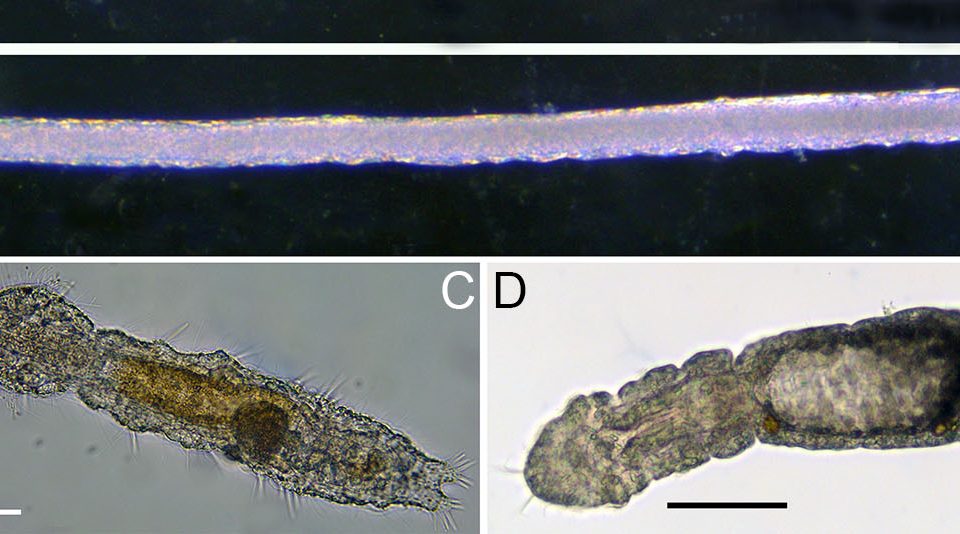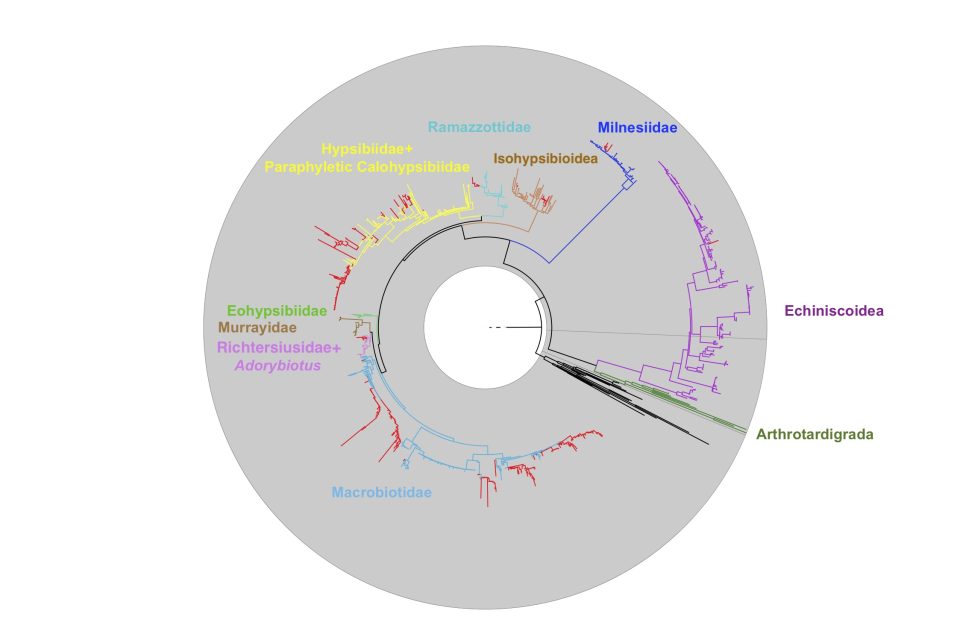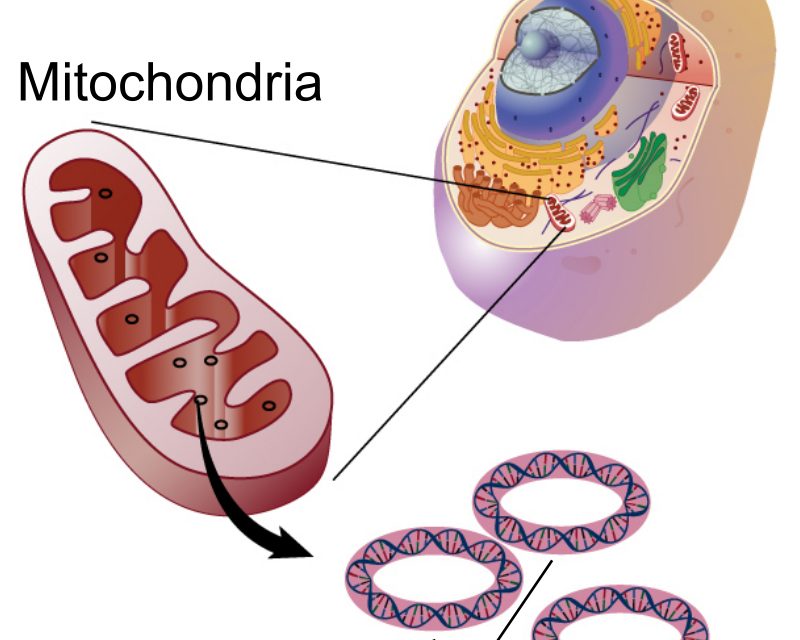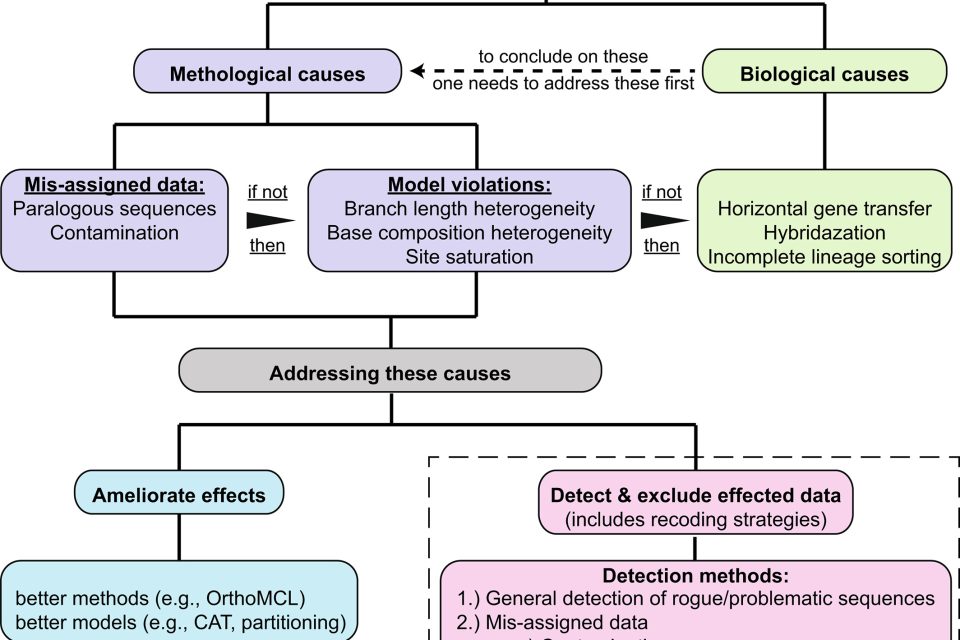
Hva er det neste som skjer med smådyrene?
I forrige uke publiserte vi en artikkel om meiofauna og hvorfor det er viktig å studere dem, og hvilke vitenskapelige spørsmål som bør tas opp i neste omgang. Artikkelen «Fundamental questions in meiofauna research highlight how small but ubiquitous animals can improve our understanding of Nature» ble publisert […]







